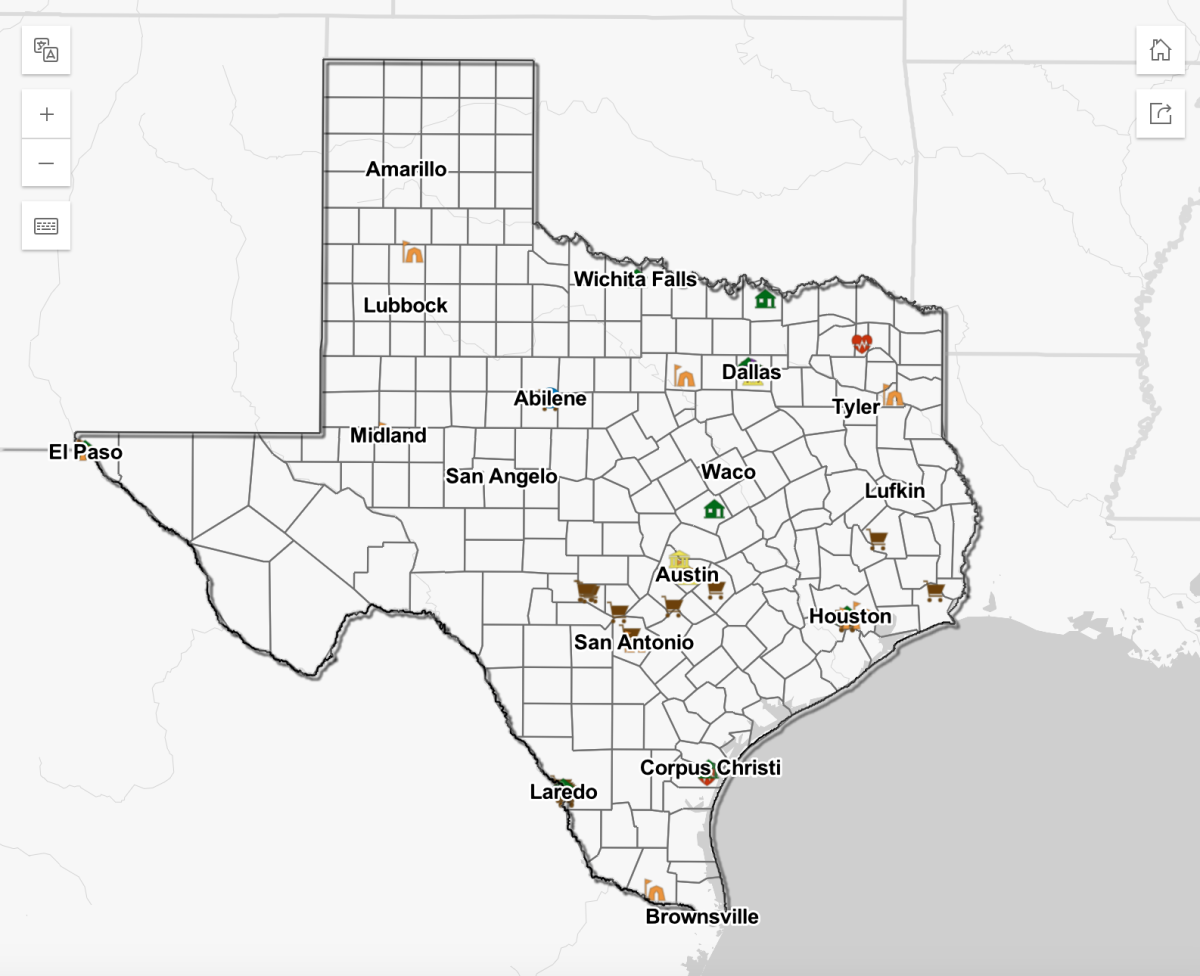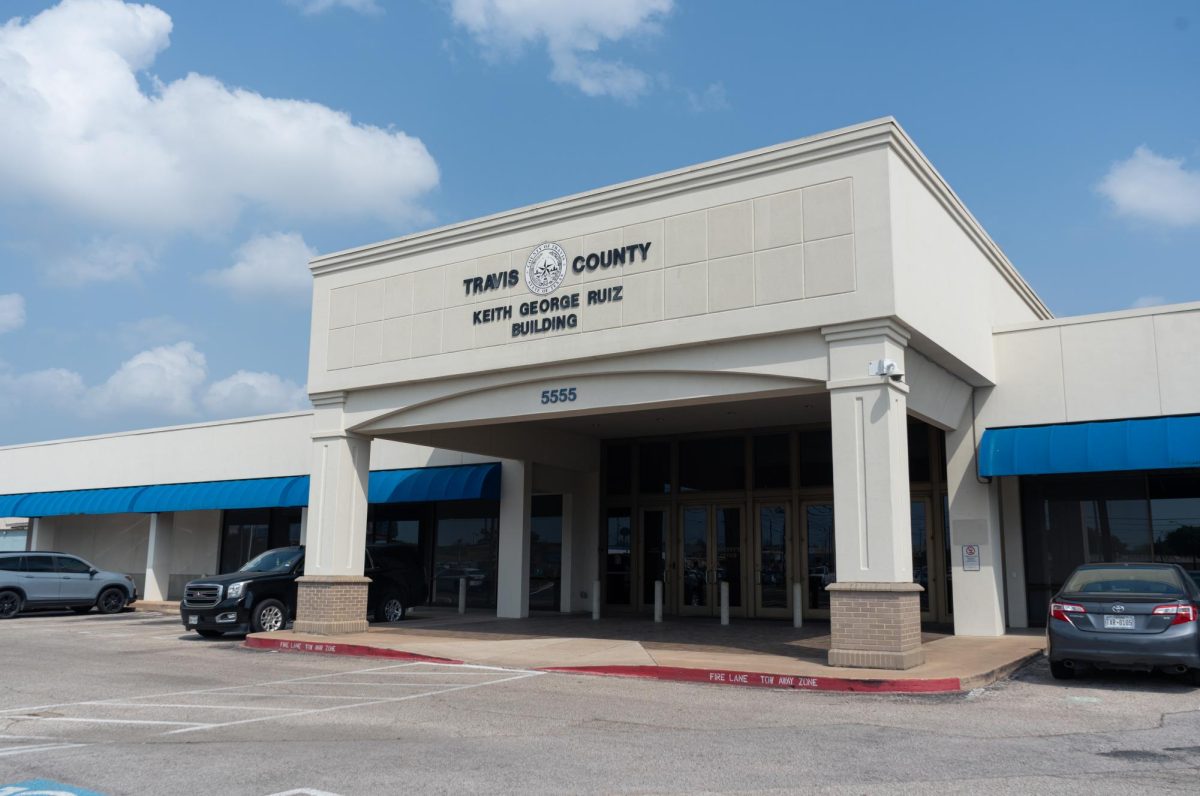It’s likely that Republican midterm gains in Congress won’t lead to a federal ban on same-sex marriage, a UT law professor said Wednesday.
However, constitutional law expert Dan Rodriguez said the election results may have effects on other aspects of the gay rights debate.
“There certainly may be some impacts on gay rights in general,” Rodriguez said. “There may be a limiting impact on efforts to repeal the ‘don’t ask don’t tell’ policy, which would require congressional action.”
Rodriguez spoke to about 80 people in a crowded courtroom in the Connally Center for Justice on campus Wednesday. He spoke about the history of same-sex marriage laws in the U.S. and the potential implications of a pending ruling on the Proposition 8 case in California. Prop. 8, which banned same-sex marriage in California, passed in a statewide vote in November 2008 and the state Supreme Court upheld the ban the next year.
In August, U.S. District Chief Judge Vaughn Walker overturned the ban, but the U.S. Court of Appeals for the Ninth Circuit has issued a stay on the ruling until it can hear an appeal.
Rodriguez said if the U.S. Supreme Court hears the case and strikes down the proposition, their decision could affect the legal status of same-sex marriage bans in other states. He said the effects would depend entirely upon the reasons the court uses to strike down the law.
OUTLaw and the law school’s chapter of the American Constitution Society hosted the talk. OUTLaw is a social network for GLBT students and allies in the School of Law, and advocates for discussions on issues that affect the community, said Sam Rettew, a law student and social coordinator for the group.
By hosting the talk, the society hoped to enable students already supportive of same-sex marriage to defend their views, said Patrick Yarborough, a law student and the organization’s event coordinator.
He said Rodriguez’s expertise in state constitutional law qualified him to speak on the same-sex marriage issue.
Rodriguez said both sides of the same-sex marriage debate push for legislation on the state rather than federal level. He said the federal Defense of Marriage Act, which passed in 1996, provides a federal definition of marriage as between a man and a woman, but does not prohibit states from allowing same-sex marriage.
He said the Full Faith and Credit Clause in the U.S. Constitution guarantees marriages performed in one state remain valid in every other state, but because of the Defense of Marriage act, individual states who outlaw same-sex marriage don’t have to recognize same-sex marriages performed elsewhere.
“DOMA basically provides a public policy exception to the Full Faith and Credit Clause,” Rodriguez said.
Although Rodriguez said support for same-sex marriage is increasing nationwide, especially among younger people, he said only five states and Washington, D.C., perform same-sex marriages. He said Arizona became the only state to turn down a ban on same-sex marriage by a state-wide vote in 2006 but then passed a ban two years later.














